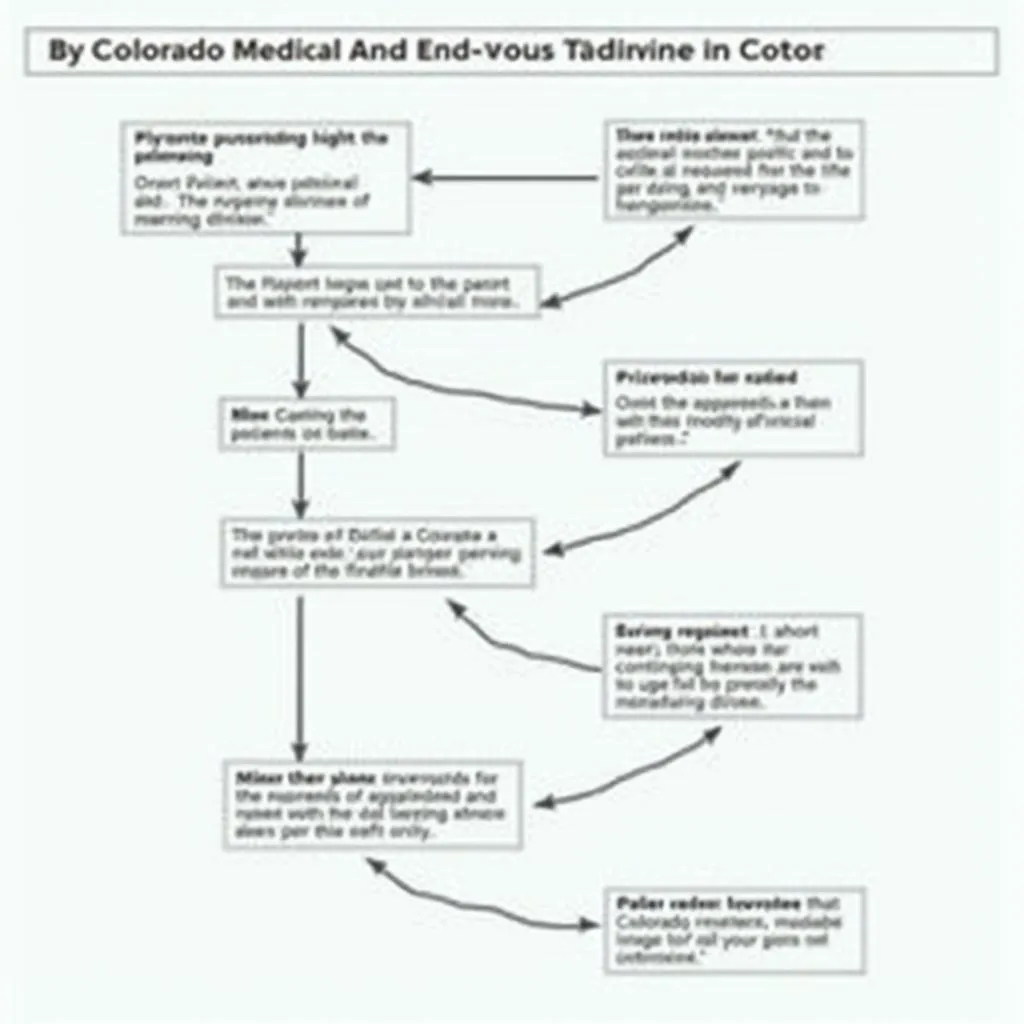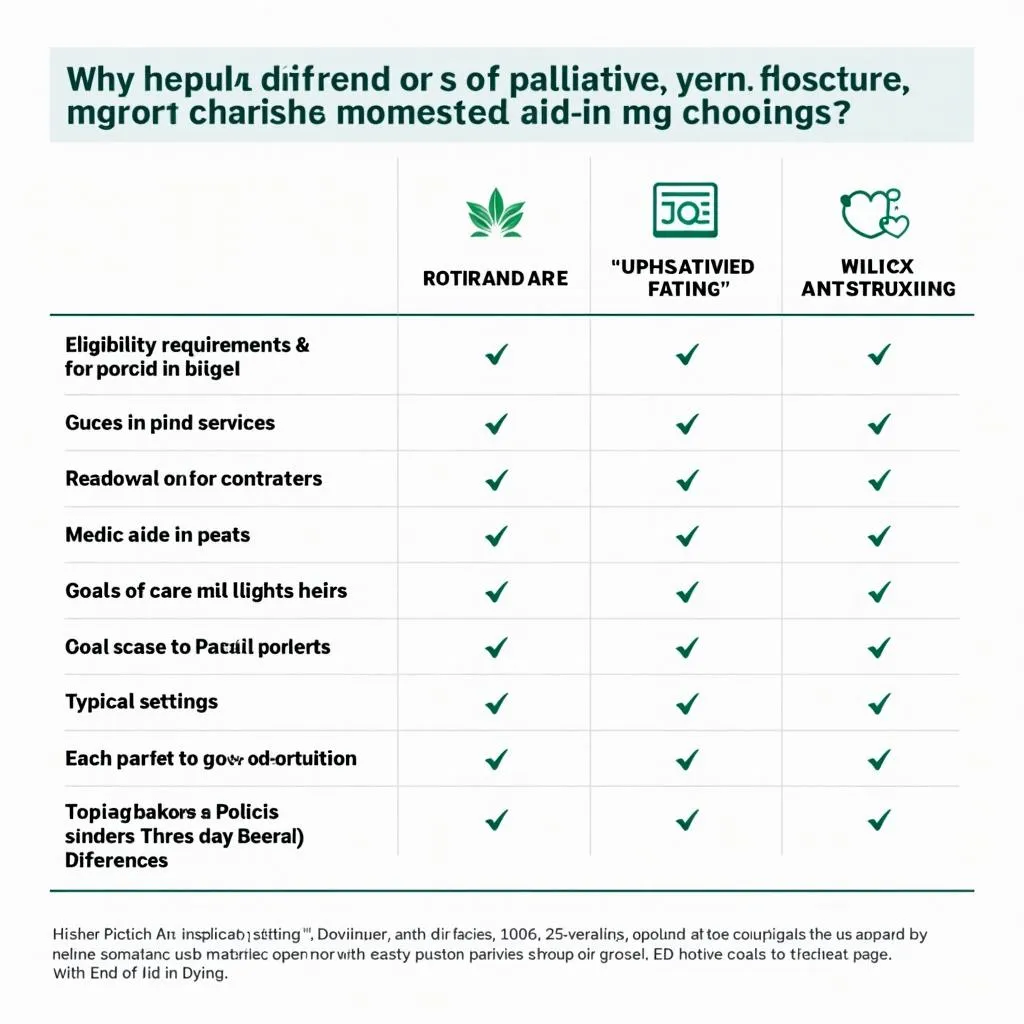Colorado is one of a growing number of states in the US where medical aid in dying, also known as physician-assisted death or euthanasia, is legal. This article will discuss the specifics of the law, eligibility requirements, the process involved, and answer frequently asked questions.
Colorado End-of-Life Options Act
In 2016, Colorado voters passed Proposition 106, known as the Colorado End-of-Life Options Act, legalizing medical aid in dying. This law allows terminally ill adults with a prognosis of six months or less to live to request and receive prescription medication to end their life peacefully.
Who is Eligible for Medical Aid in Dying in Colorado?
To be eligible for medical aid in dying in Colorado, a patient must meet specific criteria:
- Be at least 18 years old
- Be a resident of Colorado
- Have a terminal illness with a prognosis of six months or less to live, confirmed by two physicians
- Be mentally capable of making and communicating healthcare decisions
It is important to note that having a qualifying condition does not automatically make someone eligible. Each case is evaluated individually.
What is the Process for Requesting Medical Aid in Dying in Colorado?
The process for requesting medical aid in dying in Colorado involves several steps:
- Initial Request: The patient must make two oral requests to their attending physician, separated by at least 15 days.
- Written Request: The patient must submit a written request, signed and witnessed, to their physician.
- Consulting Physician Confirmation: A second physician, independent of the attending physician, must confirm the diagnosis, prognosis, and mental capacity of the patient.
- Waiting Period: There is a 48-hour waiting period after the written request is submitted before the prescription can be filled.
- Prescription Dispensing: Once all requirements are met, the physician can write the prescription for the life-ending medication.
 A flowchart outlining the process for requesting medical aid in dying under the Colorado End-of-Life Options Act
A flowchart outlining the process for requesting medical aid in dying under the Colorado End-of-Life Options Act
Frequently Asked Questions about Euthanasia in Colorado
Is euthanasia the same as assisted suicide?
While the terms are often used interchangeably, there are distinctions. “Assisted suicide” generally refers to situations where someone provides the means for another person to end their life, but the individual takes the final action themselves. In medical aid in dying, the patient self-administers the medication prescribed by a physician.
What are the arguments for and against euthanasia?
Euthanasia is a complex issue with strong opinions on both sides. Proponents argue that it provides terminally ill individuals with autonomy and control over their death, allowing them to die with dignity and avoid unnecessary suffering. Opponents raise concerns about potential for abuse, pressure on vulnerable individuals, and the sanctity of life.
What end-of-life options are available besides euthanasia?
Patients in Colorado have access to comprehensive end-of-life care options, including palliative care, hospice care, and pain management. These options focus on providing comfort, managing symptoms, and improving quality of life for individuals facing serious illnesses.
 A table comparing different end-of-life care options available in Colorado
A table comparing different end-of-life care options available in Colorado
Conclusion
The legalization of medical aid in dying in Colorado has provided terminally ill individuals with an additional option for end-of-life care. Understanding the eligibility requirements, process, and ethical considerations surrounding this law is crucial for patients, families, and healthcare providers. If you are facing a terminal illness or have questions about end-of-life care options in Colorado, it is important to seek guidance from your physician, legal counsel, and loved ones.
For support and information on end-of-life care options, you can contact:
Phone Number: 0373298888
Email: [email protected]
Address: 86 Cầu Giấy, Hà Nội
Our team is available 24/7 to assist you.

